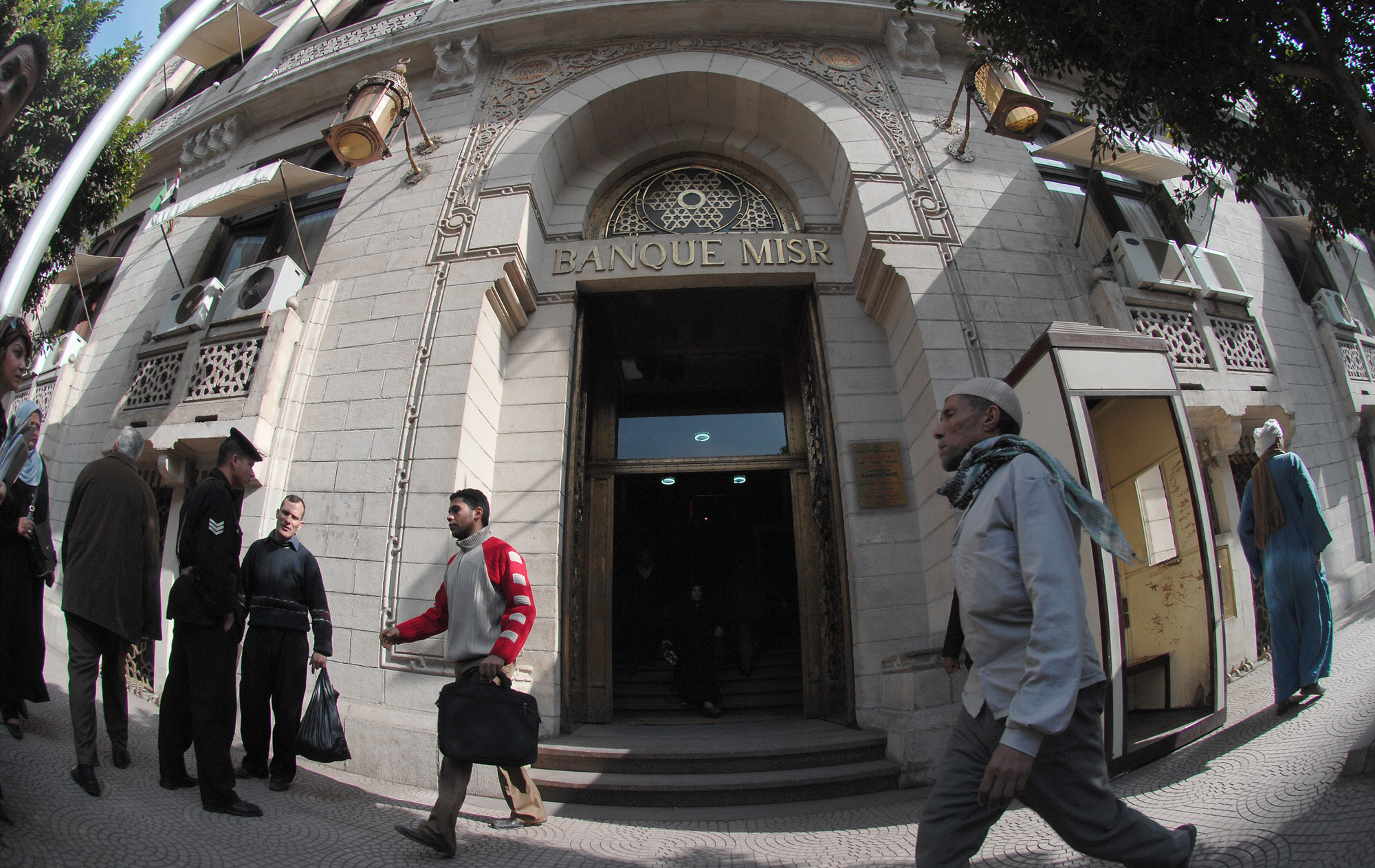Egypt adopted in 2015 the Sustainable Development Strategy: Egypt Vision 2030, but the question remains what the actual requirements are to achieve sustainable development.
For his part, the former head of the General Authority for Investment and Free Zones, Assem Ragab, called for the need to provide indicators to measure the sustainable development plan adopted by Egypt to determine the level of the achieved development in every sector of the plan.
“Egypt is witnessing a lack of integration and coordination between the state, the private sector, and civil society in reaching the goals of sustainable development,” Ragab said during his speech at the fourth annual CSR Forum’s first session, titled “Actual needs to achieve sustainable development in the country”.
Ragab explained that Singapore is the most important model of integration in achieving real development, noting that the state recreates itself every 10 years.
Meanwhile, Ahmed El Seginy, head of the local administration committee of the Egyptian Parliament, agreed with Ragab on the point regarding lack of coordination, assuring the need to coordinate the efforts of the ministries themselves as not to witness that two bodies or two ministries work on the same file, losing communication with each other.
For his part, Kamal Sharobeem, supervisor of specialised presidential councils, said that education is one of the biggest problems facing sustainable development in Egypt. He pointed out that there are about 20 million citizens who do not know how to write and read.
“Although Egypt has an ambitious plan for education, there is a problem in training and illiteracy,” he said.
Sharboeem pointed out that the problem of low levels of education and lack of availability requires the cooperation of the government, private sector, and civil society, pointing out that civil society has a major role in supporting education.
He assured that the support is not only limited to building new schools, but also includes the rehabilitation of teachers and training them, noting that there are 1 million teachers in Egypt who need rehabilitation.
For his part, Mansour Amer, founder of Amer Group, said that the Banking Law lacks permission to manage endowments and called on the Central Bank of Egypt to amend the law to allow banks to manage endowments.
This came during the second session of the forum on corporate social responsibility
During the second session, Hussein Sabbour, chairperson of Al Ahly for Real Estate Development, said that the state should be convinced that without the private sector and businesspersons, no development would be achieved.
“Some government officials are not convinced of the importance of the role of the private sector in achieving sustainable development,” he said.
Sabbour stressed that corporate responsibility by businesspersons requires them to be honest and responsible for their employees before talking about community support.
On the other hand, Mohamed Gamal Baytoumi, secretary general of Arab Investors Union, said that the general atmosphere of sustainable development needs a change, asserting the role of the media in changing that atmosphere, explaining that dramas always present stereotyped images of businesspersons by showing them in roles of opportunists, noting businesspersons are rarely ever portrayed positively in dramas.
The CSR Forum was organised to create a state of integration among all the parties concerned with community work in Egypt.
The forum aims to provide the opportunity for the private sector and civil society to present their development plans and discuss the most important and crucial issues that can drive Egypt’s economy forward and guarantee a decent life for every Egyptian citizen.
This year, the forum is held under the title Development Drivers in Various Sectors to highlight the actual needs of the sectors that significantly influence every citizen’s life, as well as discussing Egypt Vision 2030 and how the private sector supports it and its requirements in order to unite all efforts.




